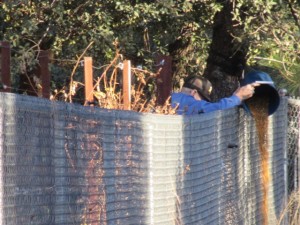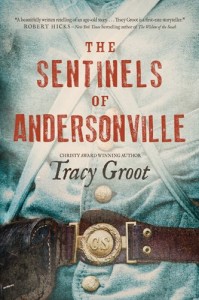The other day I had a lesson in hatcheting. Well, using a hatchet to create kindling. I missed camping 101 in my youth, so here we are.
My friend demonstrated, and tonight, the stove boasts fresh-shaved kindling waiting for a match. Sounds like success, eh?
I could describe the details, but most of you probably know how to make kindling. What struck me during this experience was the parallel to creative writing. Explain, demonstrate, describe. Isn’t that what authors do?
It’s one thing to explain, but action often shows better than telling. How much explanation would have been necessary without the actual hatchet in my friend’s hand, sunk into a chunk of wood?
And describing . . . that’s a level deeper, as if teaching a lesson on making kindling, now that I understand the process. I’ve mulled it over and now, it’s time to share with the waiting world.
This week my husband also took a picture of his culinary creation. He wrote, “It’s a four-egg omelette, whether it looks like one or not.”
What do you think? I can make out most of the ingredients I normally use, but the look, as my husband acknowledges, is a bit different. 
Still, all the elements are here–eggs, mushrooms, sausage. What’s missing?
It’s the mulling, the organizing, the arranging, I suppose. And no matter how innovative our writing style, a little structure often does wonders.
















